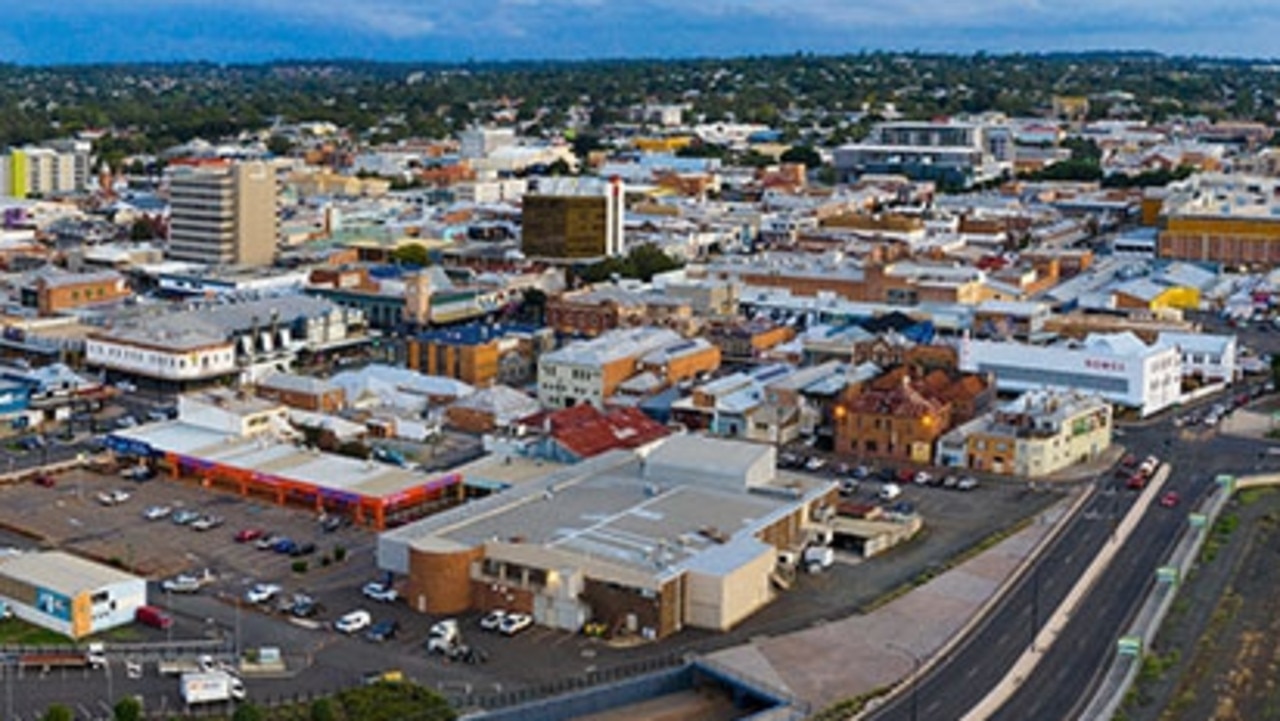Melbourne: Home ownership dreams fading as prices outpace incomes by $100,000
Melbourne buyers now need six-figure incomes just to compete, and in some postcodes, even that’s not enough.
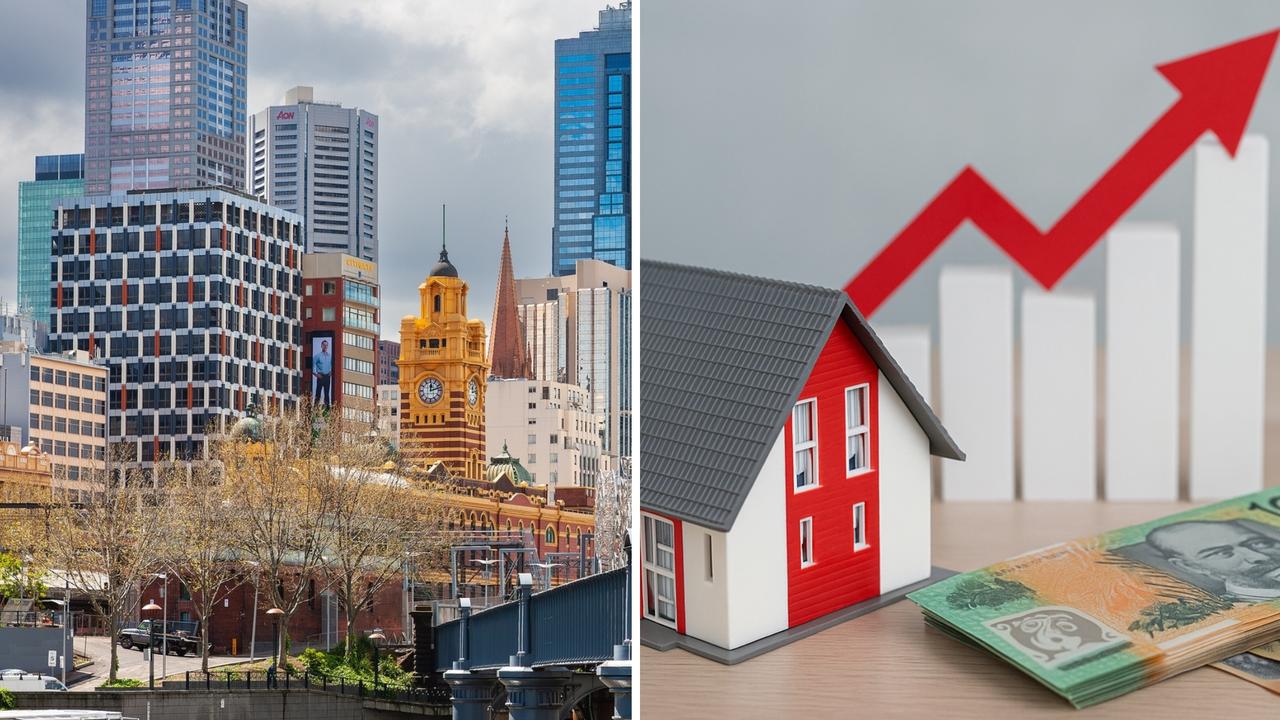
Aussies chasing the dream of home ownership now need to earn tens, if not hundreds of thousands more than they did five years ago.
Exclusive Canstar data reveals some Melbourne buyers would need nearly $100,000 extra a year to afford the same home they could have bought in 2020.
In the city’s most exclusive postcodes, such as Toorak and Balwyn, that figure more than doubles.
Covid-era interest-rate cuts gave buyers a brief advantage, but a harsh mix of climbing interest rates, escalating home prices and tighter borrowing conditions is now shutting the door on many would-be homebuyers.
RELATED: 'Tough' call as rents fall in 129 suburbs
Hawthorn star’s home tour has buyers buzzing
La Manna grocery empire scion lists Melbourne pad
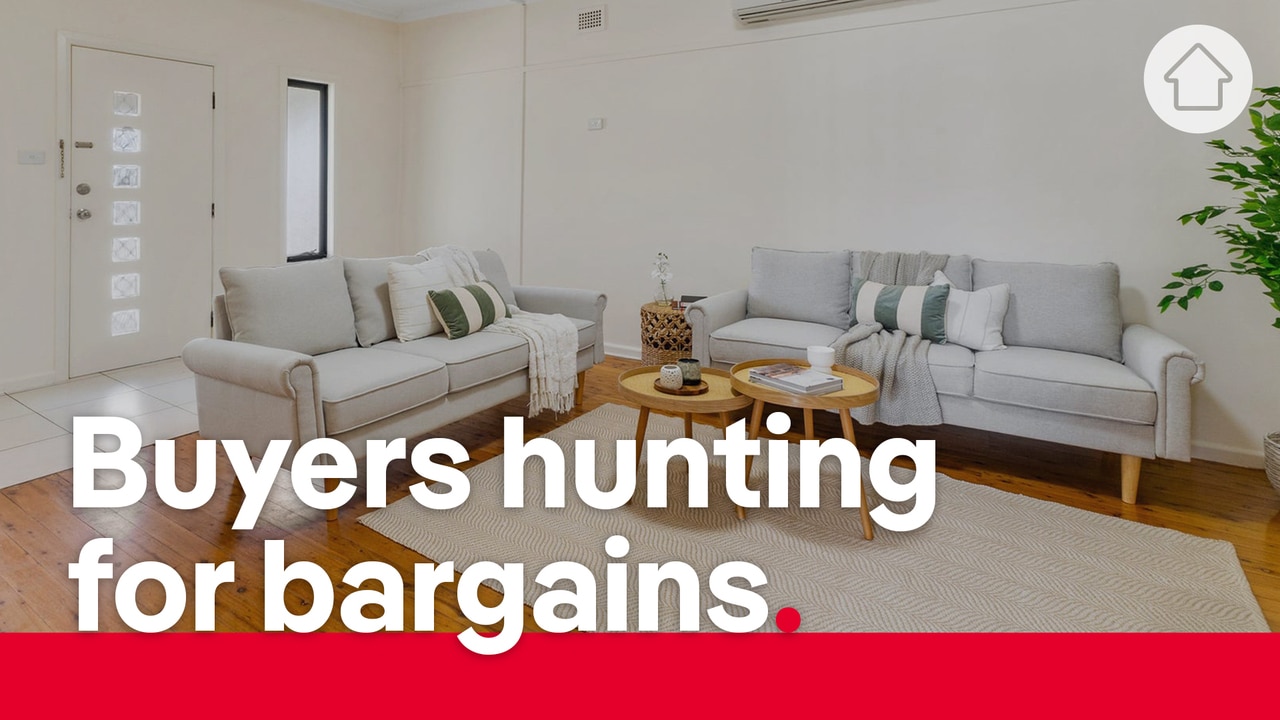
The figures show a typical household in greater Melbourne must now earn almost $160,000 to afford a median-priced house – a $61,000 increase since 2020.
In blue-chip areas like Toorak, Brighton and Malvern, the income jump is even more dramatic.
Even assuming a 20 per cent deposit, buyers now need to earn hundreds of thousands more.
In Toorak, where the median house price is $3.85m, households must earn over $900,000 a year, $290,000 more than in 2020.

In Brighton East, that figure is $490,000, up by more than $200,000.
Malvern buyers now need over $700,000, compared to just over $500,000 in 2020.
Even once-accessible areas like Ferntree Gully have seen a $66,000 jump in required income, pushing the new threshold above $162,000.
In Melbourne’s middle ring, affordability is also slipping.
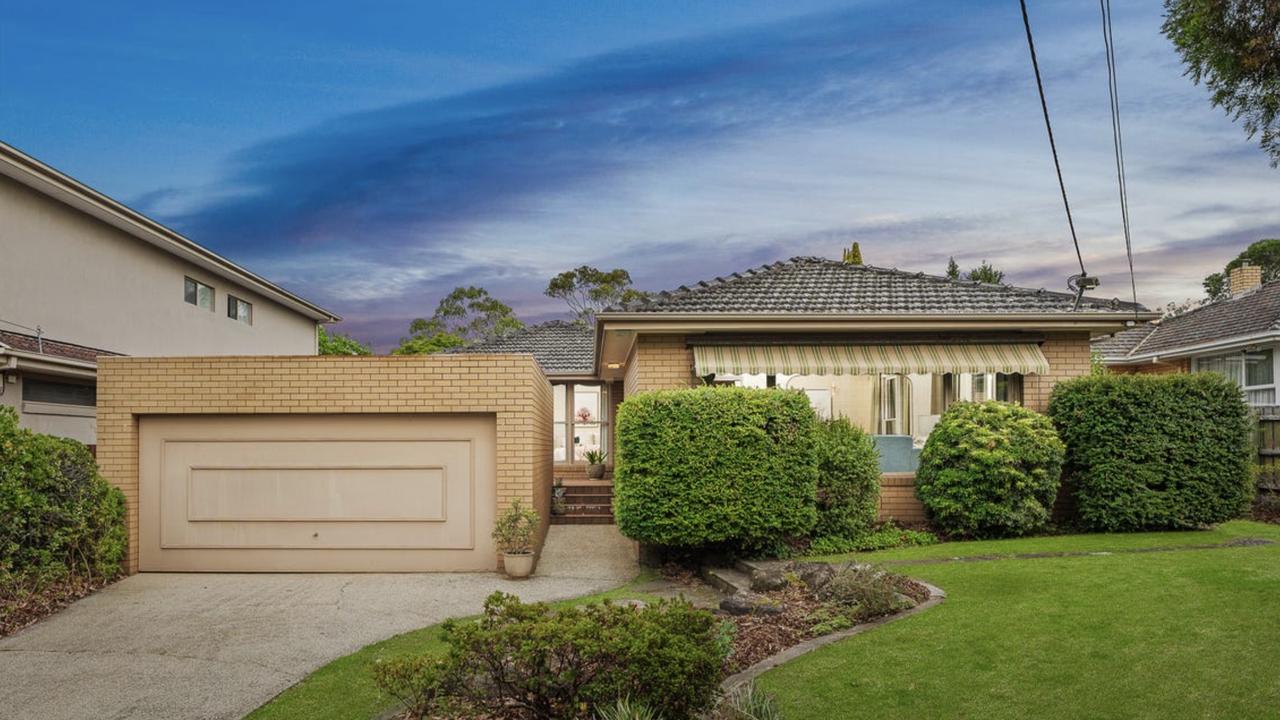
Households now need nearly $280,000 in Bentleigh East, close to $260,000 in Box Hill South, and more than $312,000 in Glen Waverley.
Canstar research director Sally Tindall said the data laid bare a growing wealth divide.
“It’s astonishing to see just what kind of income is now needed to get a foot on the property ladder,” Ms Tindall said.
“For most, the only way they’ve kept up is by already owning property.”
Ms Tindall said intergenerational wealth was increasingly critical.
“Families with equity are passing that on – the Bank of Mum and Dad is more essential than ever,” she said.
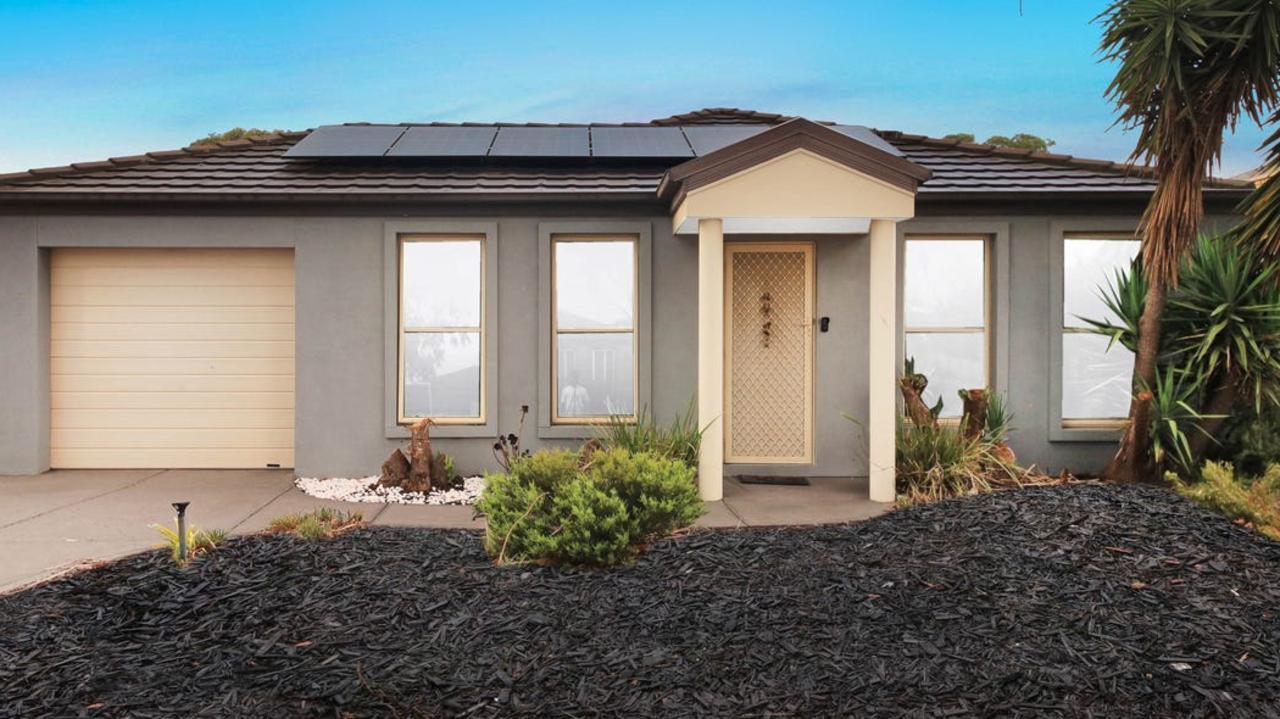
“Without it, many first-home buyers are stuck.”
Melbourne buyers’ advocate Cate Bakos agreed.
“We’re seeing more guarantee-backed loans, gifted deposits, and early inheritances,” Ms Bakos said.
“It’s not just financial – it’s emotional.
“Without that lifeline, many would be locked out.”
Ms Bakos said clients were now being forced to compromise on suburb, size or property type.
“The hardest pill to swallow is usually the location,” she said.
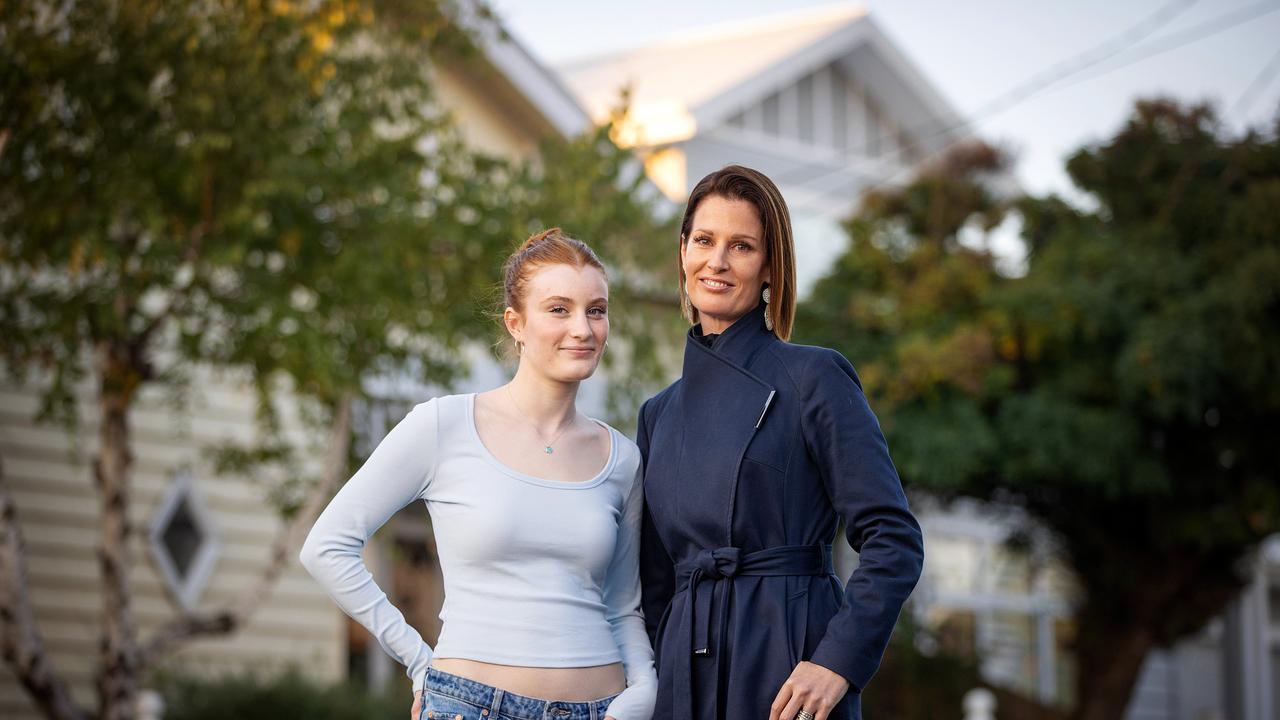
“People realise the dream suburb they grew up in is now out of reach.”
“Units, offer a way in, even if it’s not the dream home.”
Independent economist Cameron Kusher said rising prices – not wages – were driving the surge in income requirements.
“Prices in Melbourne are up nearly 13 per cent since 2020,” Mr Kusher said.
“Borrowing power has dropped while prices have gone up. It’s a painful combination.”
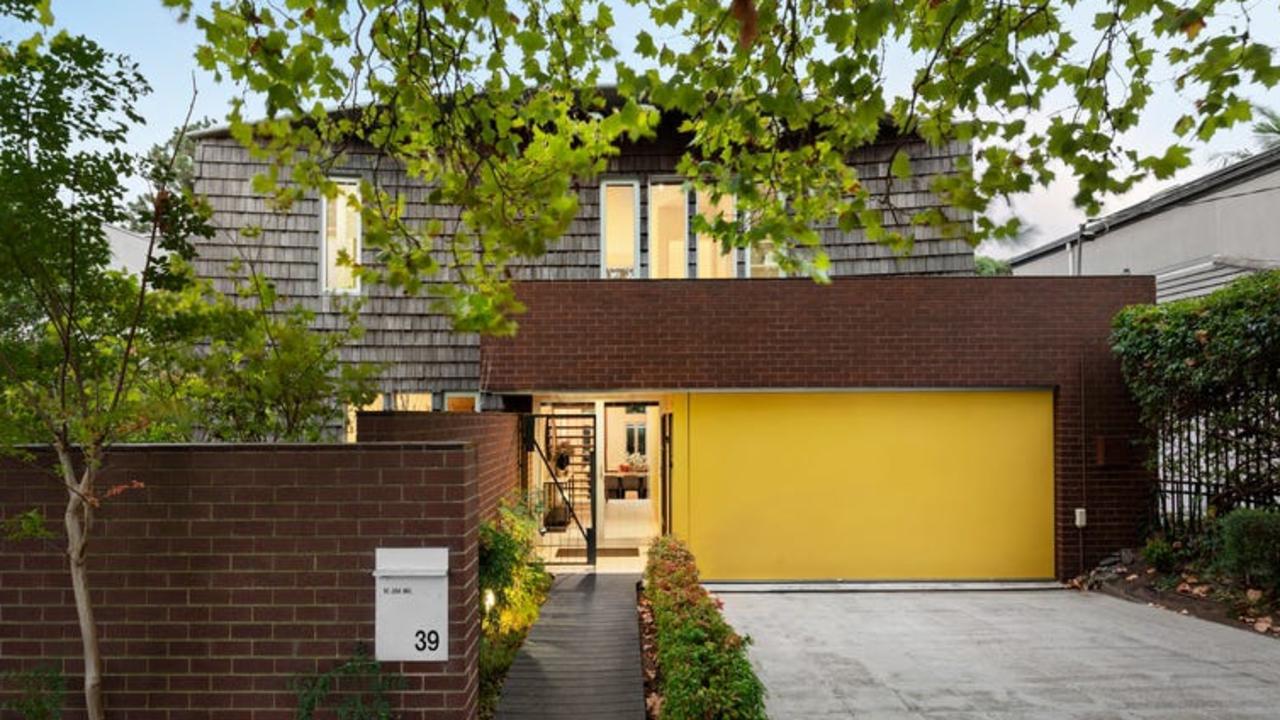
Mr Kusher said prestige areas like Malvern and Armadale had always been tough for average wage earners, but they’re now even more exclusive.
“These buyers aren’t typical salaried workers – they’ve got portfolios, businesses, family support, this isn’t a market most households can break into.”
Even in outer areas, affordability is slipping.
Required incomes in growth corridors have surged, up to $162,000 in parts of the east, and rising steadily across the north and west.
More attainable options include Melton at just under $110,000, Wyndham Vale at $120,000, Craigieburn at $125,000, and Pakenham at $130,000.
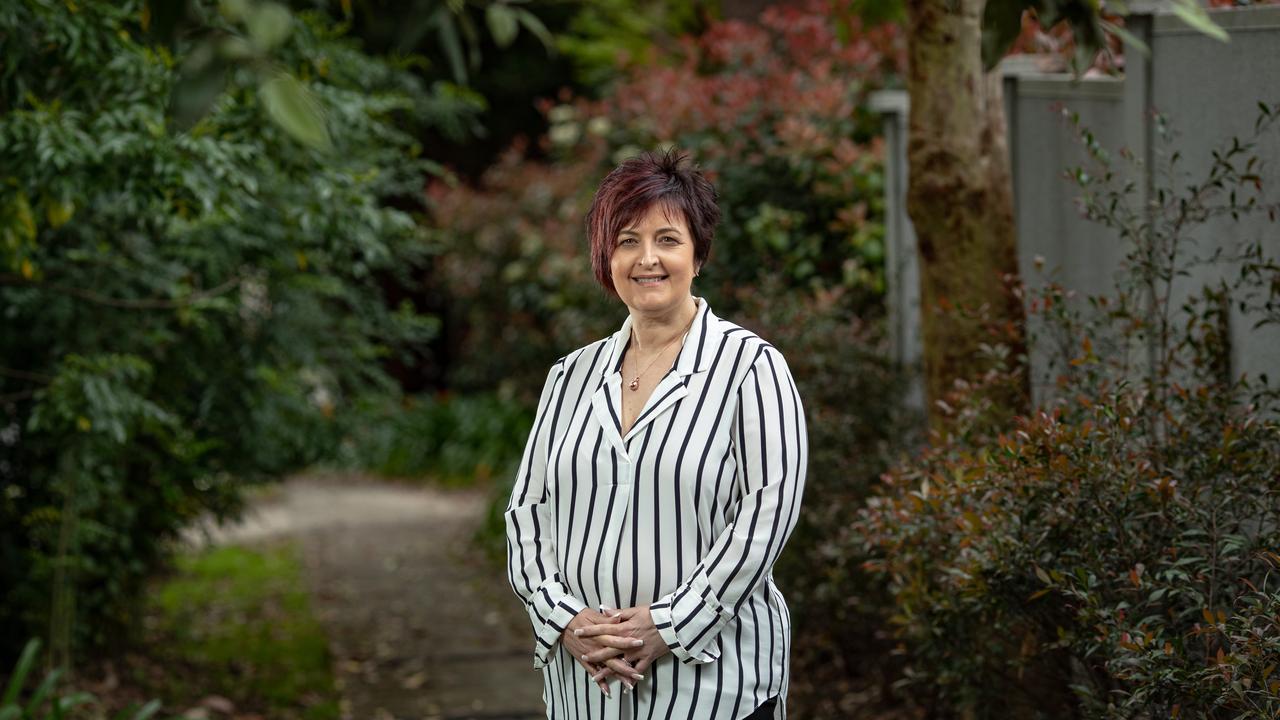
Zippy Financial principal broker Louisa Sanghera said more buyers were accepting smaller deposits and paying lenders mortgage insurance to get in sooner.
“Waiting for a 20 per cent deposit isn’t realistic anymore,” she said. “If they wait, the market moves on without them.”
Ms Sanghera said even strong earners were hitting serviceability roadblocks.
“Banks are stress-testing at nine per cent,” she said.
“Add rising living costs, and many buyers can’t borrow what they’d hoped.”
While prices have softened slightly in some pockets, Mr Kusher warned the crisis isn’t easing.
“Rate cuts might help – but they can also drive prices higher,” he said.
“Until we significantly boost housing supply, this problem won’t go away.”
Top 10 Melbourne suburbs – Highest 2025 incomes needed
| Suburb | 2025 Required Income | Increase from 2020 |
| Malvern | $1,737,294 | $706,059 |
| Portsea | $705,192 | $397,560 |
| Deepdene | $720,862 | $335,653 |
| Brighton East | $780,848 | $316,724 |
| Toorak | $906,008 | $290,745 |
| Canterbury | $639,810 | $275,601 |
| Balwyn | $538,001 | $223,681 |
| Mont Albert | $448,334 | $217,610 |
| Brighton | $579,098 | $215,290 |
| Black Rock | $448,334 | $212,260 |
Source: Canstar
Top 10 Melbourne suburbs – Lowest 2025 incomes needed
| Suburb | 2025 Required Income | Decrease from 2020 |
| Melton West | $100,876 | $42,158 |
| Beveridge | $122,638 | $41,717 |
| Donnybrook | $121,424 | $41,172 |
| Brookfield | $102,744 | $40,883 |
| Laverton | $110,216 | $38,658 |
| Werribee South | $121,891 | $37,827 |
| Broadmeadows | $109,282 | $37,055 |
| Melton | $88,733 | $36,569 |
| Thornhill Park | $108,441 | $36,214 |
| Cranbourne South | $153,461 | $13,020 |
Source: Canstar
Sign up to the Herald Sun Weekly Real Estate Update. Click here to get the latest Victorian property market news delivered direct to your inbox.
MORE: Block star reveals mistake that devalue homes
$250 a day: Melb market ‘on like Donkey Kong’
Revealed: Melb hot spots for young buyers
david.bonaddio@news.com.au
Originally published as Melbourne: Home ownership dreams fading as prices outpace incomes by $100,000


